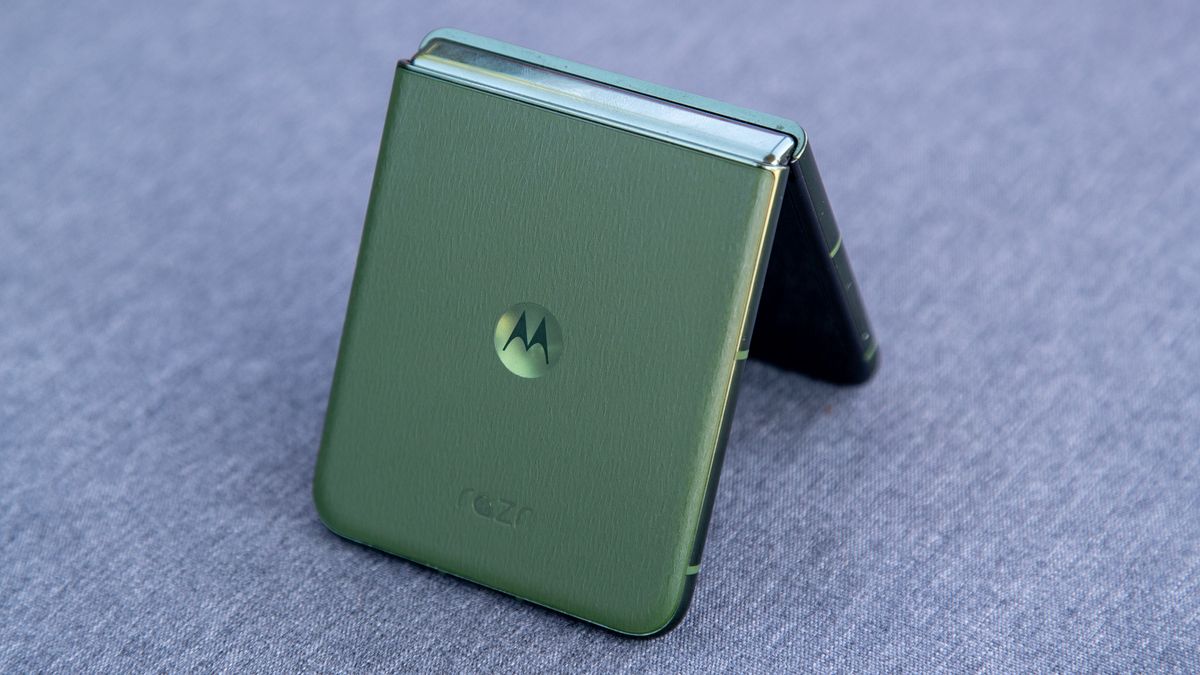There’s just something about walking through a neighborhood and seeing a streetside library. You know the ones: the small wooden boxes with glass doors and books inside. At this point it’s hard to remember a time they didn’t exist. They haven’t been around that long, though. The first was in 2009 According to Little Free Library, the nonprofit that helps people set up and manage such libraries. Fifteen years later, there are more than 175,000 registered Little Free Libraries.
If you wish your neighborhood had such a library, good news: they’re not hard to set up. I got in touch with Mary Aldrich, the director of communications at Little Free Library. She told me these boxes can help bring a community together.
“When we talk to Little Free Library stewards, 72 percent say they’ve met more neighbors because of their Little Free Library and 98 percent of people say their neighborhood feels like a friendlier place because of a Little Free Library,” said Aldrich. She recommended would-be little librarians check out their official website to learn about how to get started, but here’s an overview.
Check to see if there are libraries near you
Before you go all-in about starting a library it’s worth checking to make sure there isn’t already one nearby. I’d start by checking the official map, which includes every single one of the registered Little Free Libraries. There might be a library down the street that you didn’t know about.
Of course, just because there’s already a library nearby doesn’t mean you can’t set one up. Different libraries have the flexibility to focus on different things—yours could only offer science fiction books, for example. Or you could offer something completely different.
“We encourage those with a Little Free Library book-sharing box to serve the needs of the community,” said Aldrich. “For most, that means sharing books for all ages, but especially for young readers. For others, that means sharing knitting supplies, Hot Wheels cars, or albums.” She added that in 2020 some stewards even offered toilet paper, food, and face masks.
You should make sure that you can legally set up such a library. Most of the time, if you’re setting up on your own property, you are in the clear, but some cities or home owner associations may have restrictions on structures like this.
If you’d like to set up the library on land you don’t own you are going to need permission. If you want to set up in a park, for example, you should contact the parks department of your city. If you want to set up in a privately owned space you are going to need to contact the person or company who owns the land and get permission.
Build or purchase a library
Once you know where you want to put your library it’s time to actually build or purchase the library itself. Building is going to take some carpentry skills, which I am not qualified to help you with. For what it’s worth Little Free Library offers free blueprints for building your own library on the Little Free Library website.
If carpentry isn’t your thing you can purchase a library starting at around $200 for something unfinished (meaning you’ll need to paint it). Finished wood costs around $400, or you can opt for composite materials (which won’t require as much maintenance).
Register your library
Once you’ve set up your library you should head to the registration page to add your library to the public map of free libraries. Every Little Free Library needs a Charter Sign in order to be registered; if you buy a library from Little Free Library it comes with a Charter Sign, otherwise you can buy one for $50.
Of course, there’s nothing stopping you from building a library yourself and not registering it, but do that and your library won’t be added to the official map. There’s more than that, though: “You also get access to monthly book giveaways, discounted books, office hours with our Steward Services manager, and a private Facebook support group,” Aldrich told me.
And that’s it! People in your community can now borrow and add books, or anything else, to the library. Hopefully it makes your neighborhood a better place to live.













/https://tf-cmsv2-smithsonianmag-media.s3.amazonaws.com/filer_public/34/31/3431771d-41e2-4f97-aed2-c5f1df5295da/gettyimages-1441066266_web.jpg)

![Ep266: [Lean Series] How to Plan a Responsible Fat Loss Phase Ep266: [Lean Series] How to Plan a Responsible Fat Loss Phase](https://carrotsncake.com/wp-content/uploads/2024/06/Carrots-N-Cake-VIP-Nutrition-Coaching-768x1040.jpeg)
.jpg)



Discussion about this post